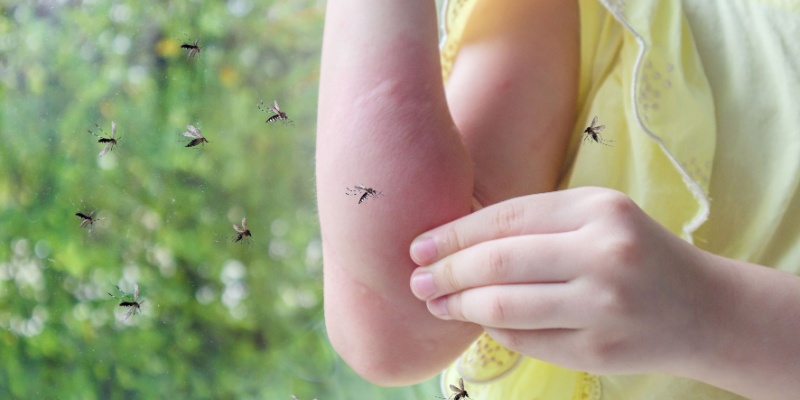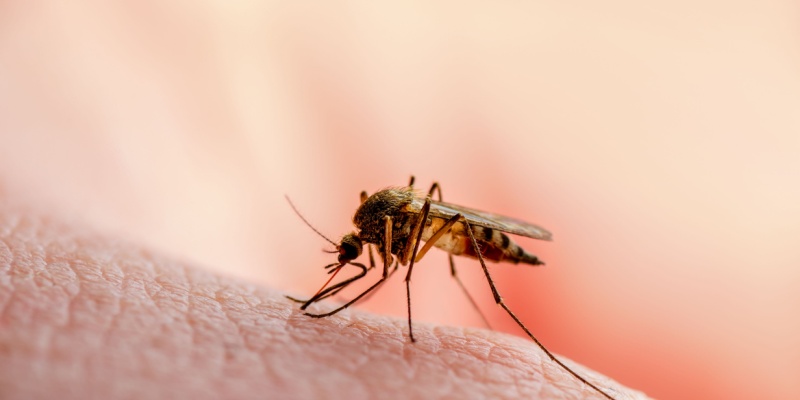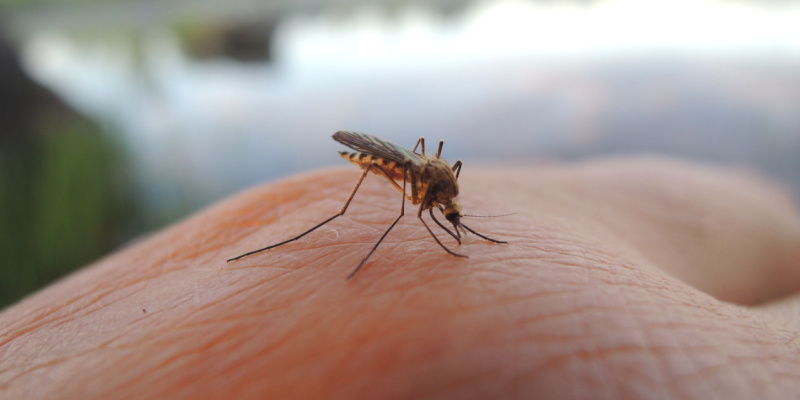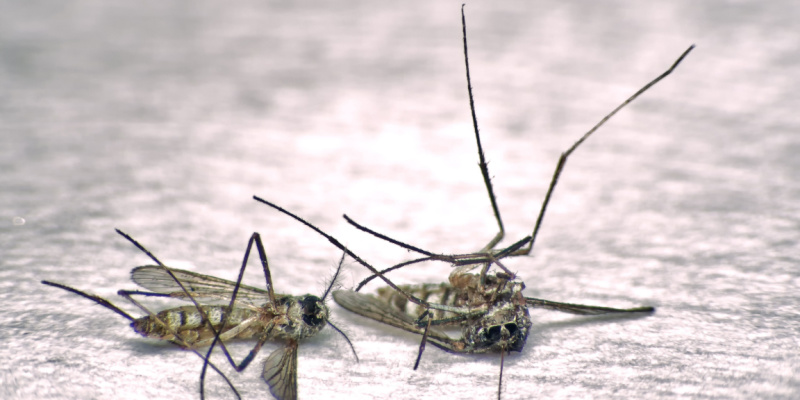Many homeowners in the Indianapolis area find themselves asking, “Why are there so many mosquitoes in my yard?” Understanding the factors that attract mosquitoes and provide them with breeding grounds is crucial in addressing this issue. This blog will delve into the reasons behind the proliferation of mosquitoes in residential areas and offer actionable advice for reducing their presence.
Factors Attracting Mosquitoes to Your Yard
Several conditions can make your yard an attractive spot for mosquitoes. By identifying and addressing these factors, you can significantly reduce the mosquito population around your home.
- Standing Water: The primary attractant for mosquitoes is standing water, as female mosquitoes lay their eggs in water where the larvae can develop. Common sources include bird baths, clogged gutters, empty planters, and any item that can hold as little as a teaspoon of water for more than a week.
- Sheltered Areas: Mosquitoes seek shelter from the wind and predators in tall grass, thick shrubbery, and under leaves. Dense vegetation not only provides a resting place for adult mosquitoes but also creates a microhabitat with higher humidity, which is ideal for their survival.
- Dark and Damp Areas: Shaded areas in your yard that retain moisture are particularly inviting to mosquitoes. Regular watering of lawns and gardens without adequate sunlight for drying can contribute to the damp conditions that mosquitoes favor.
- Organic Debris: Accumulations of organic debris, such as leaf litter, fallen branches, and grass clippings, can hold moisture and offer a habitat for mosquitoes. Compost piles and bins, if not properly managed, can also become a source of attraction.
Strategies to Reduce Mosquito Presence
Reducing the mosquito population in your yard involves a combination of eliminating breeding sites, modifying the habitat, and implementing barriers or repellents.
Eliminate Breeding Sites
- Remove Standing Water: Conduct weekly inspections of your yard to identify and remove any sources of standing water.
- Maintain Gutters and Drains: Ensure gutters are clean and water is draining properly to prevent pooling.
Modify the Habitat
- Landscaping: Keep your lawn mowed and bushes trimmed to reduce shelter for mosquitoes. Consider planting mosquito-repellent plants, such as lavender, marigold, and citronella.
- Improve Drainage: If certain areas of your yard are prone to collecting water, consider landscaping solutions to improve drainage and reduce moisture.
Implement Barriers and Repellents
- Use Mosquito Nets and Screens: Ensure windows and doors are fitted with screens to prevent mosquitoes from entering your home.
- Consider Mosquito Traps: Mosquito traps can reduce the adult mosquito population in your yard.
- Apply Repellents: For outdoor seating areas, consider using citronella candles or electric fans to deter mosquitoes.
The Role of Professional Pest Control
For yards with persistent mosquito problems, professional pest control services can offer comprehensive solutions. These experts can assess the specific conditions contributing to the mosquito issue in your yard and apply targeted treatments to adult and larval mosquitoes, providing both immediate relief and long-term prevention.
The presence of mosquitoes in your yard can be attributed to various environmental and human-made factors. By understanding what attracts these pests and taking proactive steps to make your yard less inviting, you can significantly reduce the mosquito population. For severe infestations, professional pest control services can provide the expertise and treatment options necessary to reclaim your outdoor space from mosquitoes.




